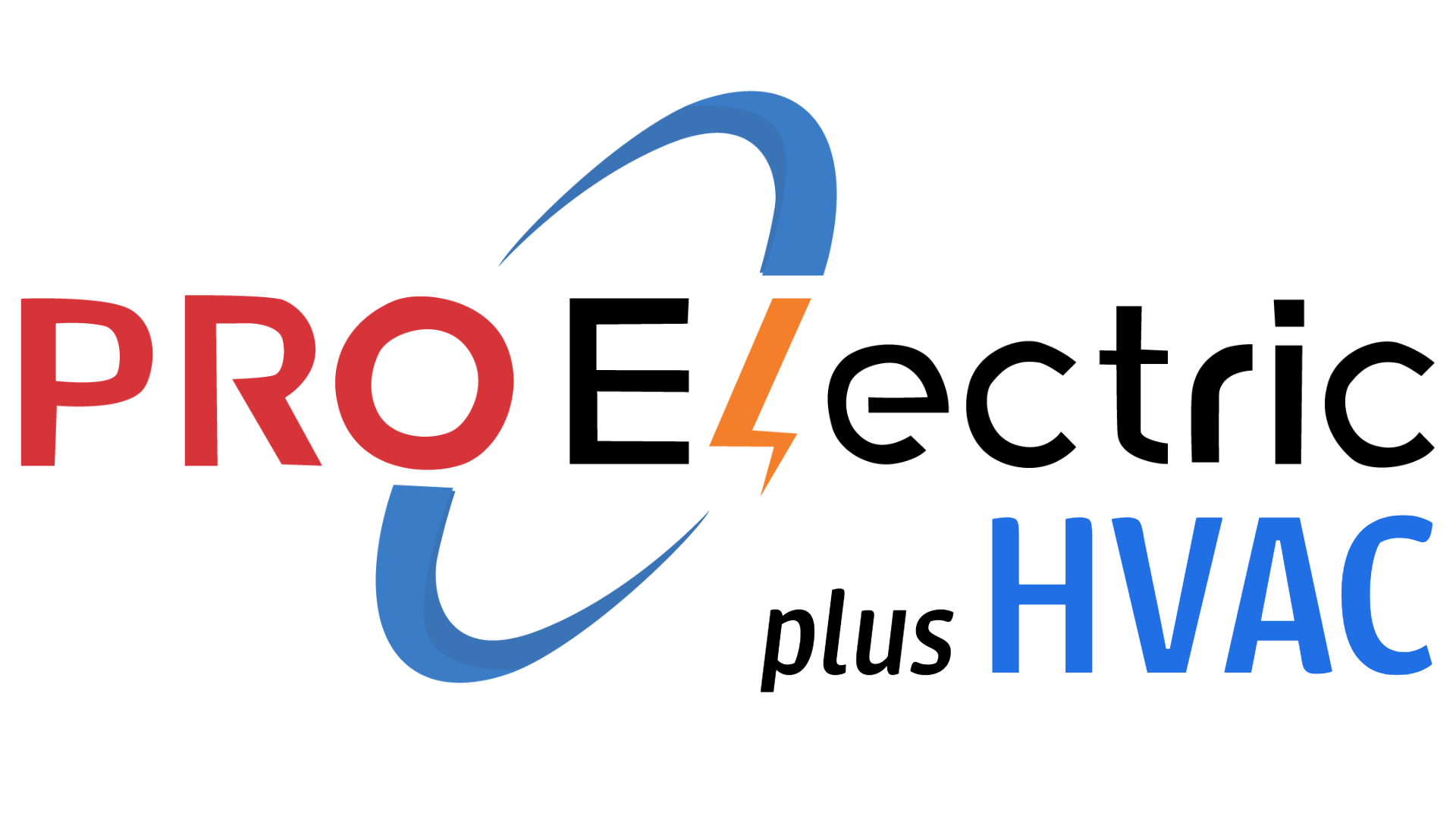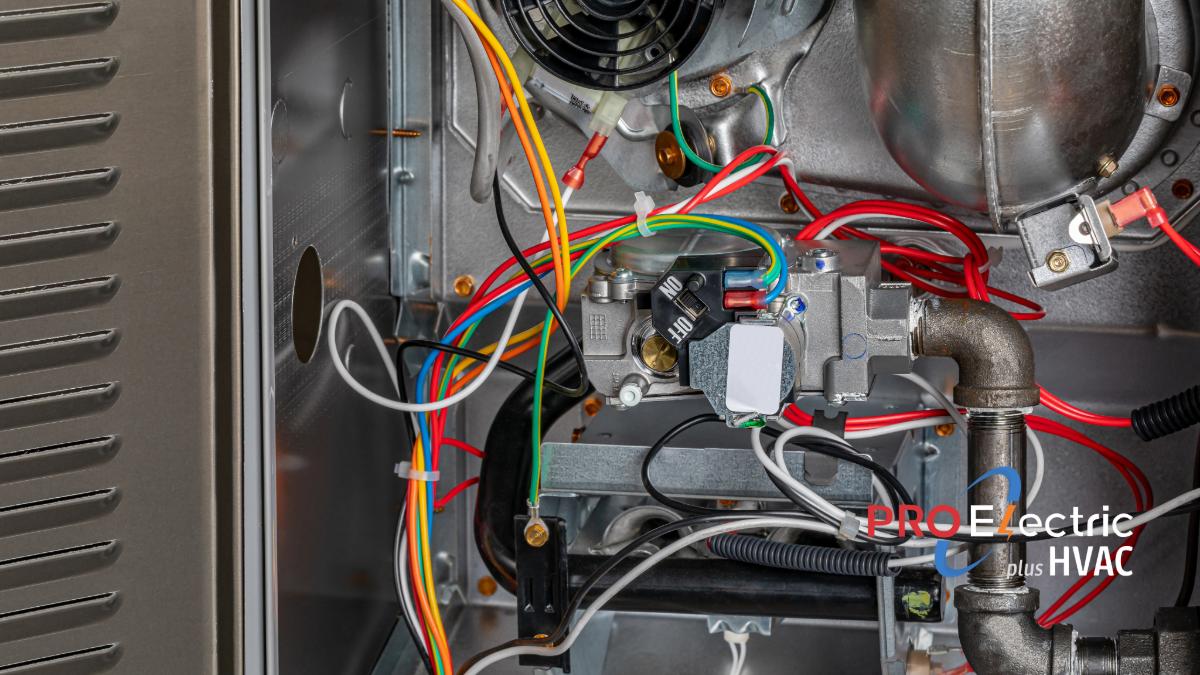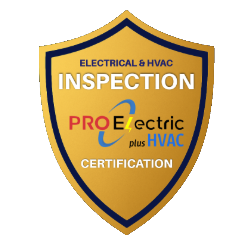When your furnace starts making odd noises, it’s not just a hassle; it could mean something isn’t right with your heating system.
Learning about your furnace’s different sounds can help you identify problems before they become significant, keeping your family warm and safe.
Here are some common reasons why a furnace can suddenly start making strange sounds and what each noise could mean.
1. Rattling Noises
Possible Causes:
Loose Parts: Sometimes, the screws, panels, or other parts of the furnace can loosen over time.
The vibrations of the blower or other moving parts can also rattle these components.
Blower with Debris: Occasionally, small items or trash can get into the blower box and rattle around.
What to Do:
Check and Replace: Switch off the furnace and check for loose screws or panels. Apply tension if needed.
To Clean the Blower: clean debris around the blower to avoid rattling again.
2. Squealing or Screeching Noises.
Possible Causes:
Worn or Loose Belts: The blower motor is driven by belts. Over time, these belts can wear or loosen and make squeaks.
Motor: Blower motor bearings are likely damaged and make scrubbing noises while operating.
What to Do:
Belt Check: Ensure the belts are in good condition and are not stretched out. Replace them or re-tighten them.
Replace Motor: If the motor bearings are faulty, it may need lubrication or replacement by a professional.
3. Banging or Popping Sounds (as above).
Possible Causes:
Kettling: When the heat exchanger becomes too hot, the metal heats up and cools down quickly, causing banging noises.
Air in the Gas Line: Popping noises can indicate that air is trapped in your gas line, disrupting the normal gas flow to the appropriate burners.
What to Do:
Rapid Repair: Kettling is a high-risk factor for carbon monoxide leakage. Switch off the furnace and get professional help right away.
Check Gas Lines: If you suspect air in the gas line, it’s crucial to have a technician inspect and clear the lines safely.
4. Humming Sounds
Possible Causes:
Transformer Problem: The furnace transformer may be defective, and you may hear an annoying humming sound.
Poor Electricians: Bad or loose electrical wiring can cause humming and injury.
What to Do:
Turn Power Off: Turn off the furnace to stay safe, then look over the electrical system.
Inspection: An electrician must always resolve electrical problems to avoid risks.
5. Buzzing Sounds
Possible Causes:
Bad Capacitors: Capacitors start the blower motor. If a capacitor fails, it will buzz, and your motor will stop running.
Wiring Problems: The loose or damaged wiring in the furnace will make you hear buzzing.
What to Do:
Examine Components: Look for any signs of chipping or rust in capacitors and wires.
Ask For Professional’s Assistance: Repair or replace electrical components to maintain safety and function.
6. Clicking Noises
Possible Causes:
Ignition Problems: A clicking sound indicates that the furnace is attempting to ignite the burners.
Repeated clicking without ignition can signal a faulty igniter or gas supply issues.
Safety Switches: Clic can also occur when safety switches switch on and off if there is an issue.
What to Do:
To inspect the Ignition System: The igniter should be in good condition. Replace it if necessary.
Check Gas Supply: Ensure the gas supply remains on and the valves remain open.
Hire a Tech: To avoid any safety risk, cracking must be diagnosed professionally.
Tips and Advice for Maintenance & Preventive Care
- Preventive Maintenance: Have a professional HVAC technician check the HVAC annually to detect problems early.
- Furnace: Clean the furnace part to avoid rattling and sound effects.
- Change Filters: Change the air filters often to keep the system clean and less stressed.
- Monitor Activity: Pay close attention to any changes in your furnace performance and respond accordingly.
Conclusion
Familiar sounds from your furnace aren’t just an accent but also crucial signals of your system’s health.
Your furnace can stay oiled, efficient, and healthy with your knowledge of these noises and the proper remedial measures.
Contact our professional HVAC technician if you hear any reoccurring or alarming noises.
Detection in time saves you from expensive repairs and keeps your home a cozy place to live.



